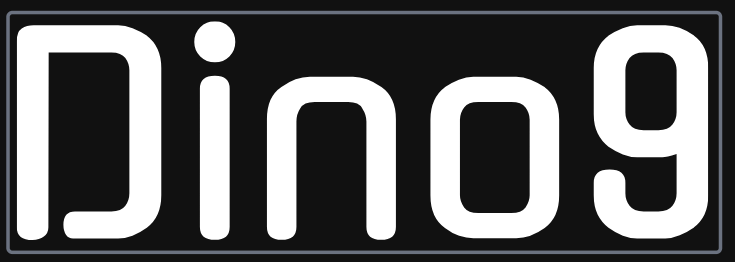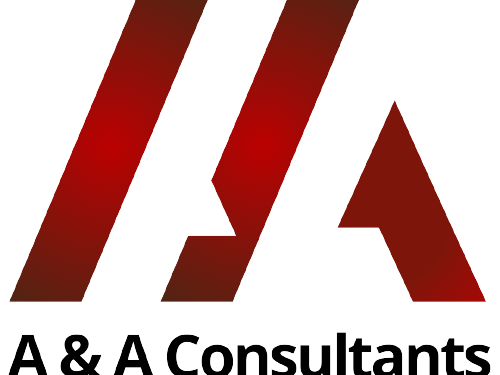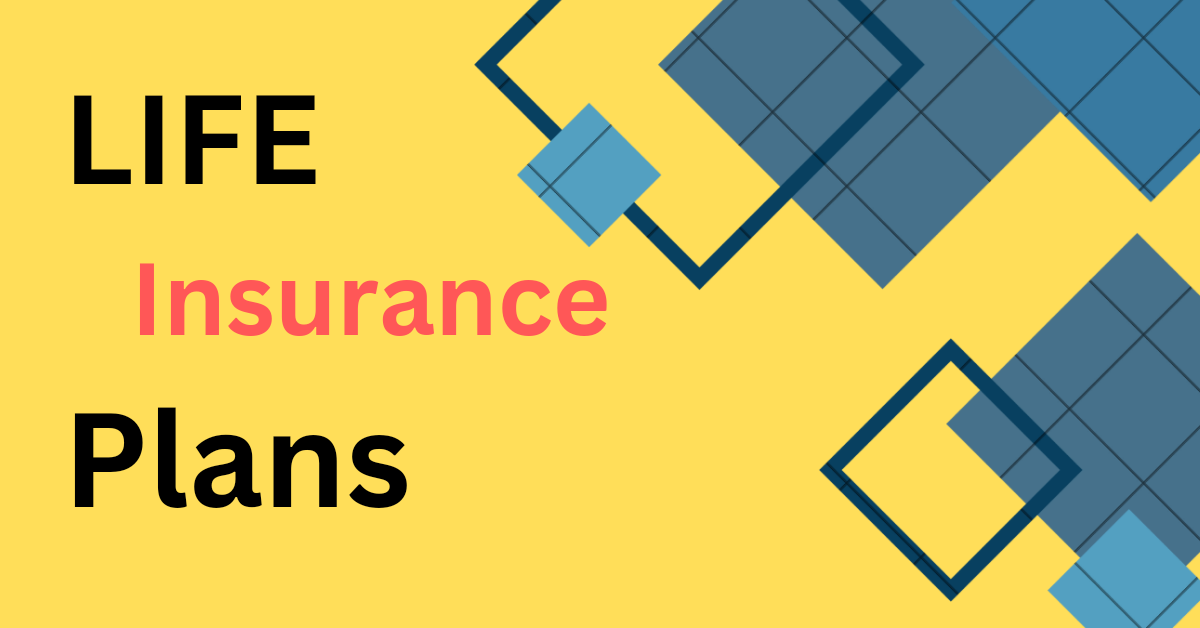The act of learning something new or transferring knowledge is known as education. It involves getting kids ready for adulthood. The context, the person using it, and the location can all affect how the term is understood. But most of the time, it also entails enhancing people’s capacity for judgment and reasoning.
In general, while discussing a community or a nation, we refer to primary and secondary schools under the phrase “education,” as well as maybe high schools, colleges, universities, and other adult learning institutions.
In the majority of nations, Definition schooling is required in our formative years and optional in our late teens and adult years.
Saying, “During this election campaign, both parties are focusing strongly on education spending,” refers to the amount of money spent on education, including on adult education programs and schools.
The term is defined as follows in the Cambridge Dictionary:
“The instruction or learning process, particularly in a school or college Definition, or the information gained from it.”
It is a segment of the social or economic system as well. For instance, academics and teachers work in the field of education, whereas pilots and government workers are employed in the public and aviation sectors, respectively.
Definition 2020.
One way to conceptualise education is as the dissemination of a society’s ideals and body of knowledge. It is comparable to what sociologists refer to as socialisation or Definition 2020 enculturation in this regard. Children are born without culture, regardless of whether they are conceived among the middle class classes of Manhattan, the Florentines of Renaissance, or the tribes people of New Guinea.
Education is intended to help them learn about a culture, shape their behaviour into that of an adult, and point them in the direction of their future social role.
Definition 2020 Even in the most rudimentary societies, formal education—that is, little of what we would typically refer to as courses, schools, or teachers—is frequently lacking. Rather, many or all of the adults act as teachers, and the entire setting and its activities are commonly perceived as schools and classrooms.
However, as societies get more complex, there is more information to be passed down from one generation to the next than any one person can possibly know. Definition 2020 As a result, more effective and selective methods of cultural transmission must emerge. Formal education—the classroom and the expert known as the teacher—is the result.
Education becomes less directly tied to everyday life and less about showing and learning in the setting of the working world as society grows more complex and institutions become more institutionalised. Instead, it becomes more abstracted from perform and more about telling Definition 2020, distilling,
and absorbing knowledge out of context. Children can learn significantly more about their culture through this concentrated study in a formal setting than they might by simple observation and imitation. The general goals, subject matter
, structure, and methods of education are all being determined as society progressively places an increasing amount of value on education. Books are overflowing with parenting tips for the next generation. To put it briefly, educational ideas and theories evolve.
This article explores the history of learning, Definition 2020 following the development of formal knowledge and skill training from ancient and prehistoric times to the present. It also examines the different philosophies that have influenced the systems that have been developed.
Several articles address other facets of schooling. See teaching, pedagogy, and teacher education for a discussion of education as a field of study, covering educational organisation, teaching strategies, and the roles and preparation of instructors. See historiography; legal instruction; medical education; and science, history of for descriptions of education in many specialised professions.
See the philosophy of education of for a critique of educational philosophy. Examining some of the most significant tools for education and knowledge sharing is possible by consulting the histories of printing, publishing, encyclopaedias,Definition 2020 libraries, museums, and dictionaries.
In censoring, a few limitations on the freedom of education are covered. See cognitive ability, human; learning theory; test results for a study of student characteristics.












